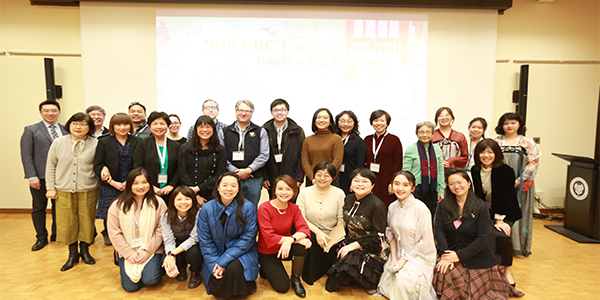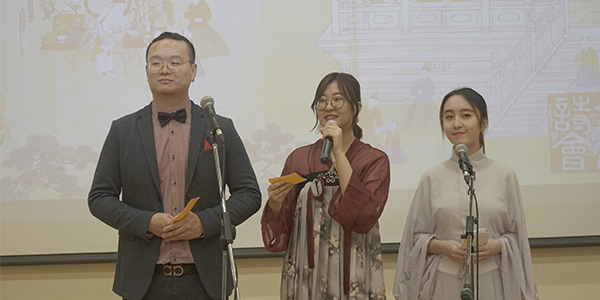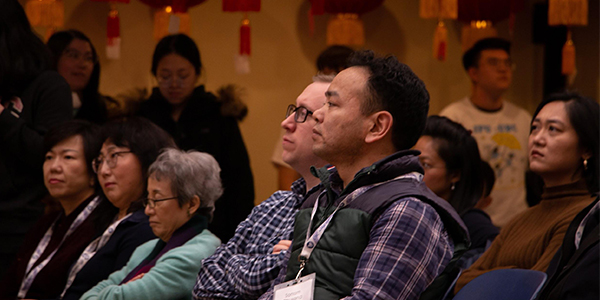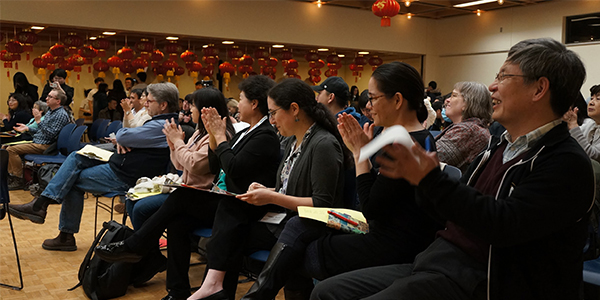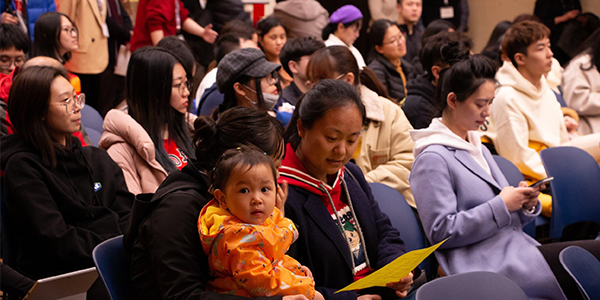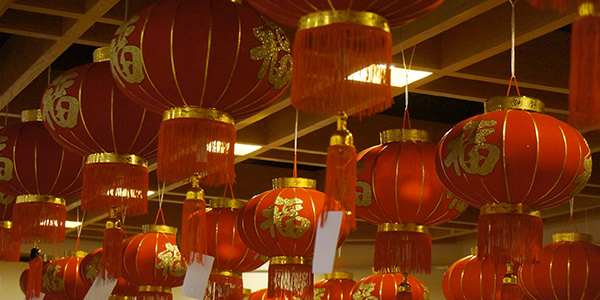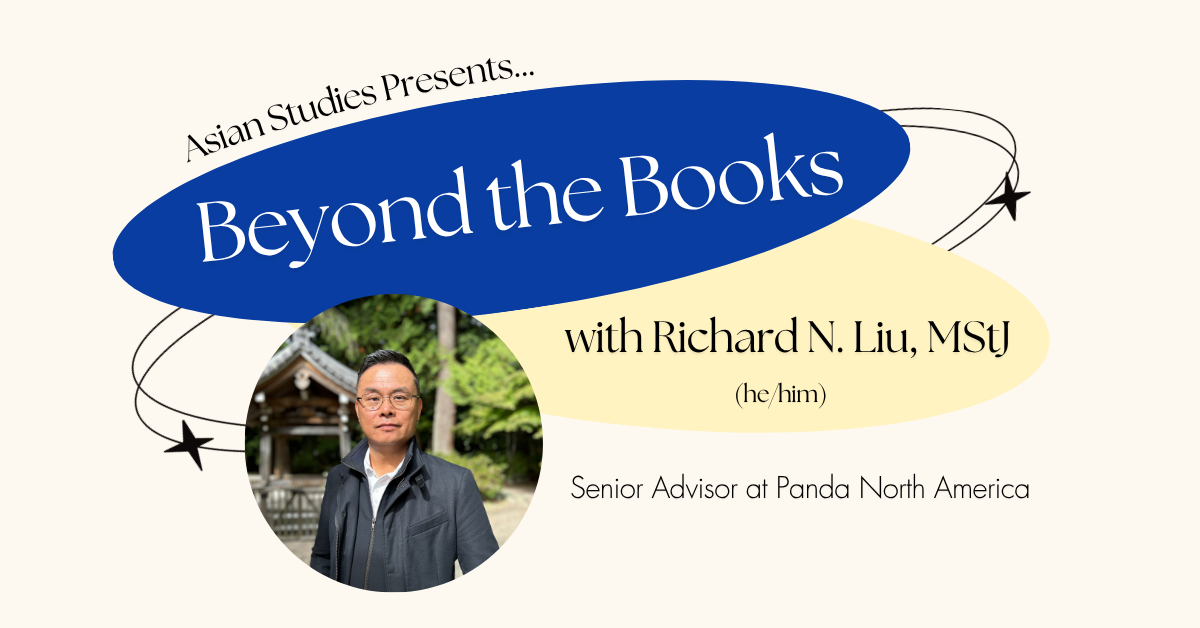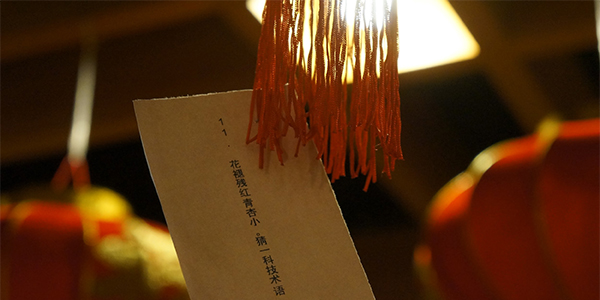

[youtube]https://www.youtube.com/watch?v=jKATn4JS2Lc[/youtube]
Love! Sadness! Passion! Poetry recitals, choreography and displays of original art pieces were just some of the few things you could have experienced at the UBC Asian Centre on the evening of February 27th.
From multiple languages and cultures, the evening was illuminated not just by lanterns but also by the words being echoed back from histories thousands of years old. Community members gathered to hear stories of humanity from all over Asia being retold by students and faculty.
Dr. Ross King, Head of Department of Asian Studies and Professor of Korean Language and Literature introduced and recited a classical Korean poem “Spring Day” composed by the Korean poet Yi Kyubo 李奎報 (1168-1241). This beautiful poem unveils layers of scenic description move step by step from a courtship display in nature to the inner yearning of an elegant lady. This motif of a lovesick lady, often a symbol of poetic conception, gained prominence in the medieval period for elegantly highlighting the existential significance of poetry-making. This elegance of poetry, whether secular or divine, continued flowing in the pithy preaching made by professors about poems in other Asian languages. Dr. Sunil Bhatt invoked Kabir, a 15th-century Indian poet who advocated God as the divine Oneness in all beings. Ms. Haley Blum recaptured in Japanese the beauty of “Spring Morning,” a five-character quatrain by the Tang dynasty poet Meng Haoran 孟浩然 (689-740) who was influential to Japanese poetry. Everyone’s mind was further illuminated by the poetic reflections of the self in Dondrup Gyal’s (1953-1985) “Waterfall of Youth,” the first free-verse poem in Tibetan, recited by Mr. Sonam Chusang and his students. The recitation in Cantonese of the well-known “Ballad of Mulan,” performed by Dr. Zoe Lam and her students, might serve as a good approximation of how the folk lyrics could sound like in the 6th century.
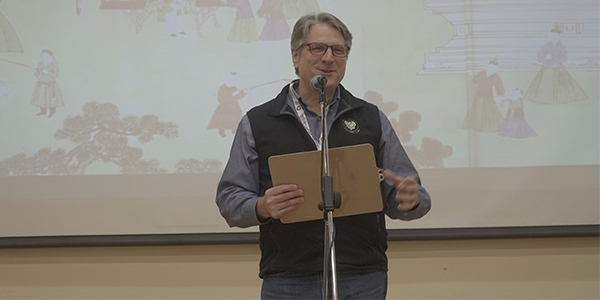

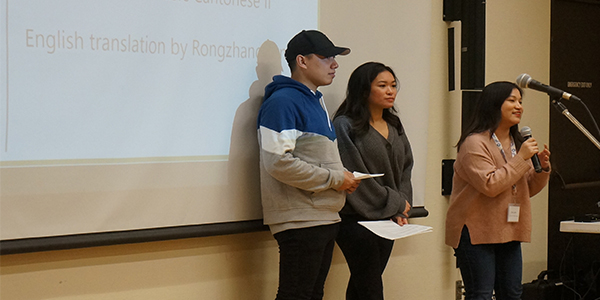

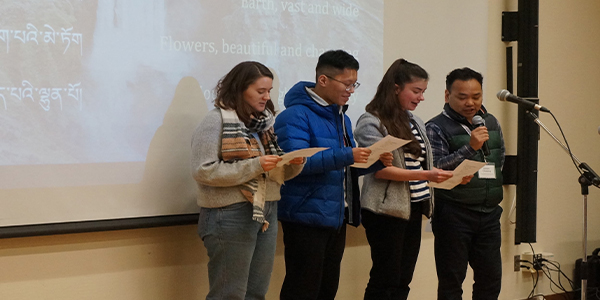

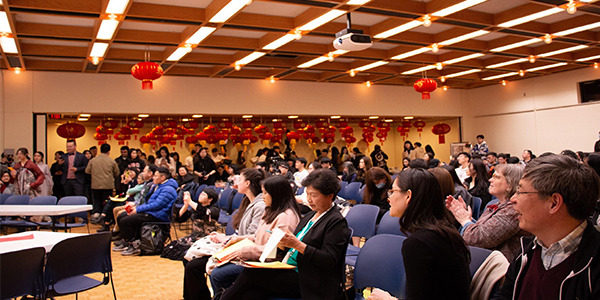

Another major highlight of this event was the competition of transmedia presentation of poems, where students from 400-level Chinese class came on stage to perform their own rendition of the chosen poems. This segment of the Lantern Festival was a wonderful display of how truly talented UBC students are. Individuals stood in front of the microphone and poured their hearts into their recitation of traditional and modern Chinese poetry. Regardless of the language barrier, the entire audience still received the impressive energy that the performers put into reading out their stanzas. Each stanza a moving recitation, each word a powerful call. Some participating students performed songs and dances that were inspired from well-known poems. Other participating students showcased their art work of calligraphy and photography. All these showed off the artistic skills and liberties taken upon by the students in portraying a timeless story. In addition to the performance by students from Chinese classes, the Lantern Festival also welcomed UBC Chinese Cloud. T Dance Club to perform a beautiful choreography in white Hanfu dresses.
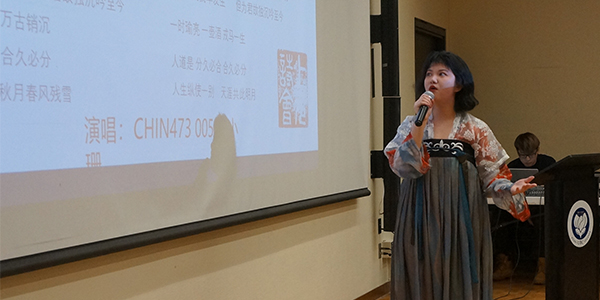

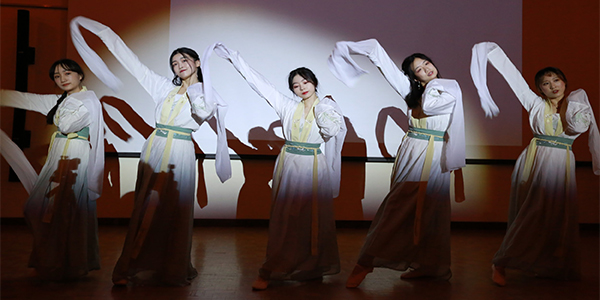

Nearing the end of the event, the audience were invited to venture through a forest of lantern riddles, and spent experimental time of incarnation, wearing masks they hand-painted themselves, which were all traditional Lantern Festival games, organized with the help of UBC student society-International Family Union.
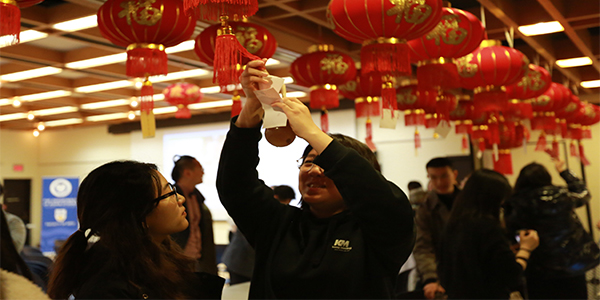

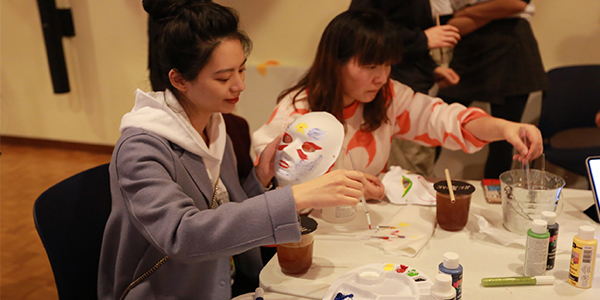

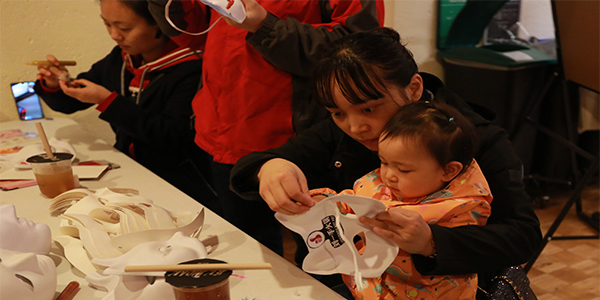

The Poetry Night took us on an eye-opening journey through the territory, stepping back into classical learning, while encouraging the use of poetry as a way of looking forward. To everyone in Asian Studies, this was a moment of bonding as a network of cross-cultural exchange took shape along the eclectic veins of a very rich poetic tradition.
UBC is a cultural mosaic with the faculty of Asian Studies being one of the biggest homes of diversity. With this cultural diversity along with it comes different talents, traditions and art that cannot go unshared. The Lantern Festival Poetry Night does so by sharing fine art from different regions of Asia as a way of exchanging cultural differences and similarities. We hope everyone enjoyed this year’s poetry night! If you missed it, don’t worry, this annual event will come back next year for you to experience a slice of Asian heritage, we hope to see you there!
